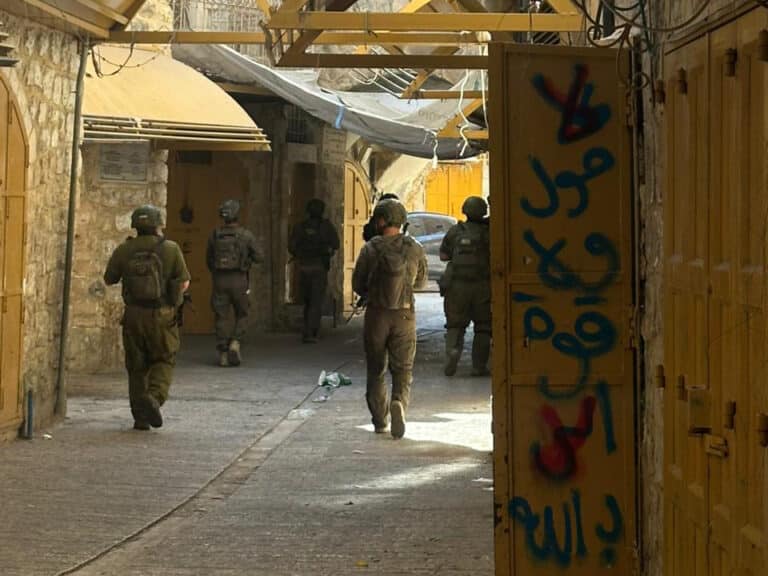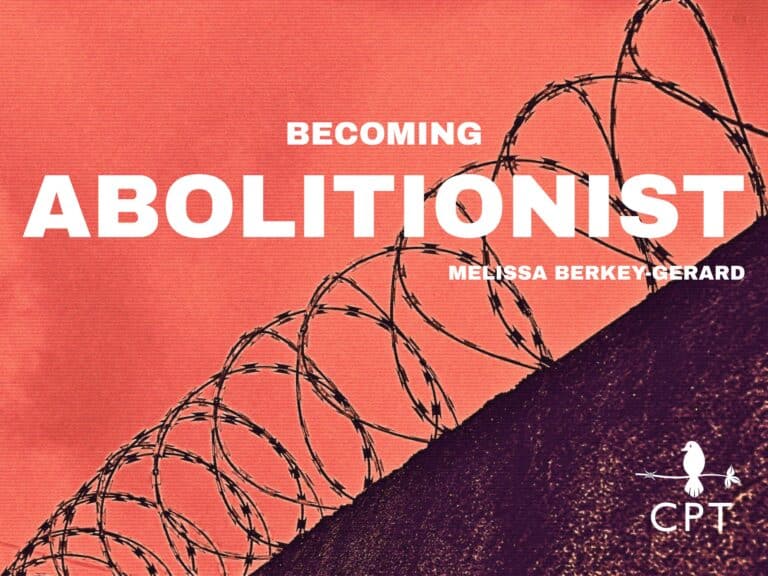The night of the racist pogrom at Sappho Square remains etched in many people’s minds. Local residents launched attacks throughout the night on a crowd of migrants—mostly families—who were simply trying to protest the living conditions at the Moria detention centre and the extreme delays in asylum procedures at the time. The immediate cause of the protest was the death of one of their compatriots from medical issues—something many attributed to the conditions prevailing in Moria Camp. This was the eighth migrant death in what became known in both local and global collective memory as the “Hell of Moria.”
It became clear that the attack was not a spontaneous event, but the result of prior planning and a call to action by a nationalist group operating under the name “Patriotic Movement.” This group had urged local residents to attend the customary flag-lowering ceremony by a Greek military unit in a nearby area, and to be “ready for anything.” In the days leading up to the attack, various complaints and threats against the presence of protesting migrants in Mytilene’s main square had appeared on social media, circulated by well-known far-right circles on the island and even members of the local government. Despite being aware of the escalating tension and the likely reactions from residents, the police failed to prevent the attacks. Although a large number of officers were mobilized, they remained largely passive for most of the attacks, merely forming a protective perimeter around the protesting migrants. Some police members were also targeted by the far-right mob, with a small number of officers injured or their protective gear damaged.
After the events ended and the far-right attackers had dispersed early the next morning, Greek authorities arrested 120 migrants and two Greek supporters, filing charges against them—only for all to be acquitted a year later.
In November 2018, after months of investigation, the Lesvos Police Department identified 26 potential perpetrators, who were then prosecuted. In November 2022, the Council of Misdemeanor Judges of Mytilene issued an order referring them to trial for a series of felonies and misdemeanours, in some cases with the aggravating factor of violating Article 81A of the Penal Code (82A in the new Penal Code), for crimes with racist characteristics.
In the first-instance trial, which concluded on 8 July 2024—six years (!) after the events—the Three-Member Misdemeanour Court of Mytilene convicted 21 of the 26 defendants, recognizing the racist motive in some cases. The convicted individuals, who showed no remorse and even expressed racist views in the courtroom, received suspended, redeemable prison sentences ranging from one to six years.
In the appeal trial, after three court sessions, the hearing concluded on the afternoon of 5 June at the Three-Member Misdemeanour Court of Appeal of Mytilene. In the absence of most prosecution witnesses and with the “foggy” memory of many police witnesses—who simply referred back to their initial and first-instance testimonies—the 15 defendants who appeared or were represented received clearly more favourable treatment. The court did not recognize a racist motive, nor did it specifically address the attacks carried out against the migrants, acquitting the defendants of those charges.
However, despite the prosecutor’s recommendation to fully acquit most of them (!), 10 of the defendants were found guilty of simple disturbance of the public peace, under Article 189 of the Penal Code, and were sentenced to between 6 and 7 months. One of them—the youngest, who had been suspended from the Border Force pending the outcome of the trial—was granted the mitigating factor of “post-adolescent age,” and his sentence was converted into a fine, allowing him to return to service. Four others, charged under the aggravated form of disturbance of the public peace, received 9-month sentences. All sentences were suspended for three years.
In this way, the Greek courts have concluded the trial over the events of the night of 22 April 2018, at the island’s central square. The blind, organized violence directed at migrant families who were merely seeking humane treatment was treated as a simple altercation between opposing groups. The court may not have been able to acknowledge it, but in the collective memory of all, those attacks remain recorded as the most violent racist assault and one of the darkest moments in the history of the island of Lesvos—and beyond.



